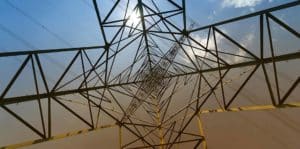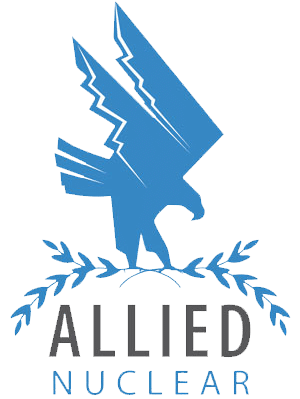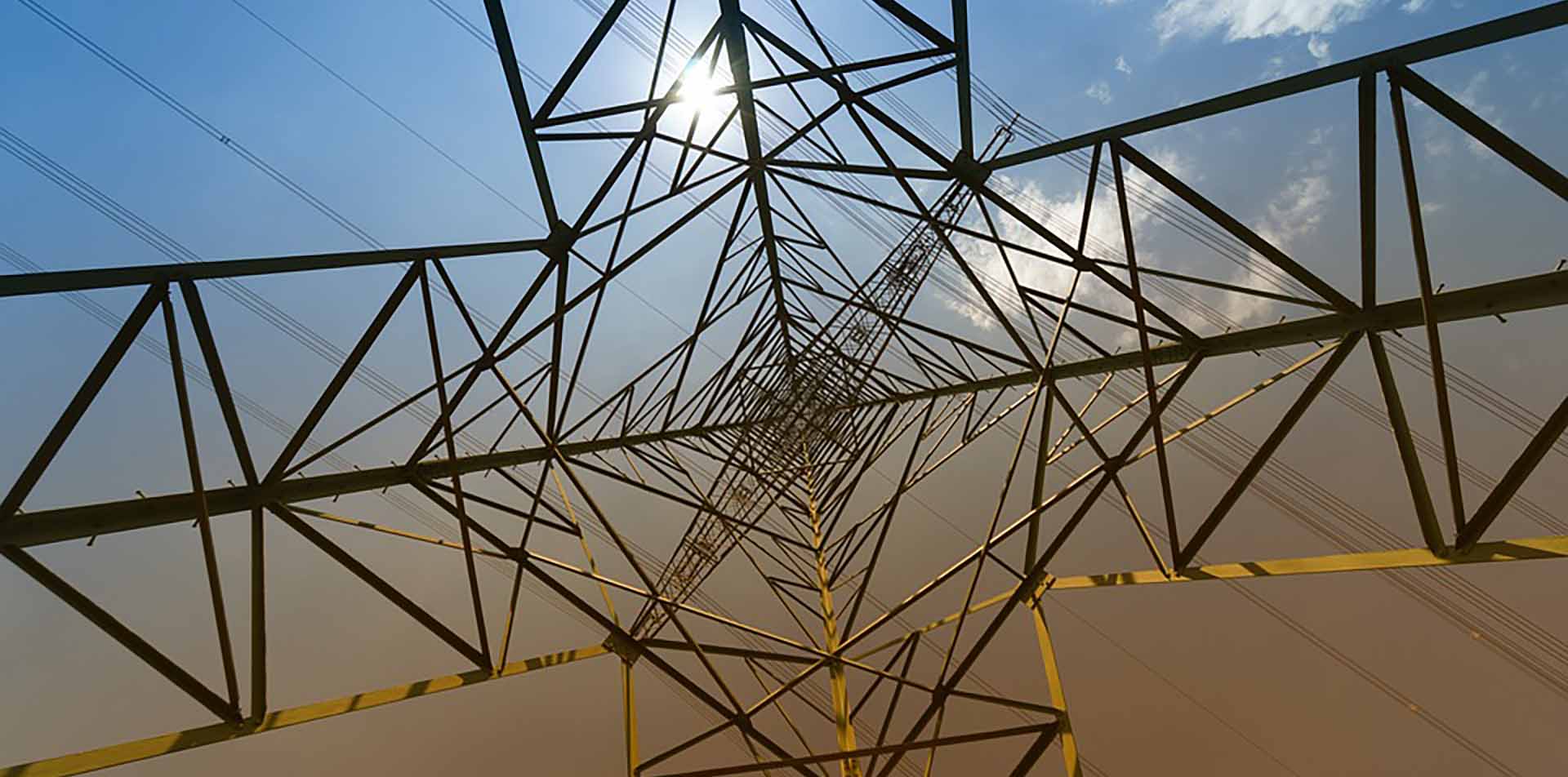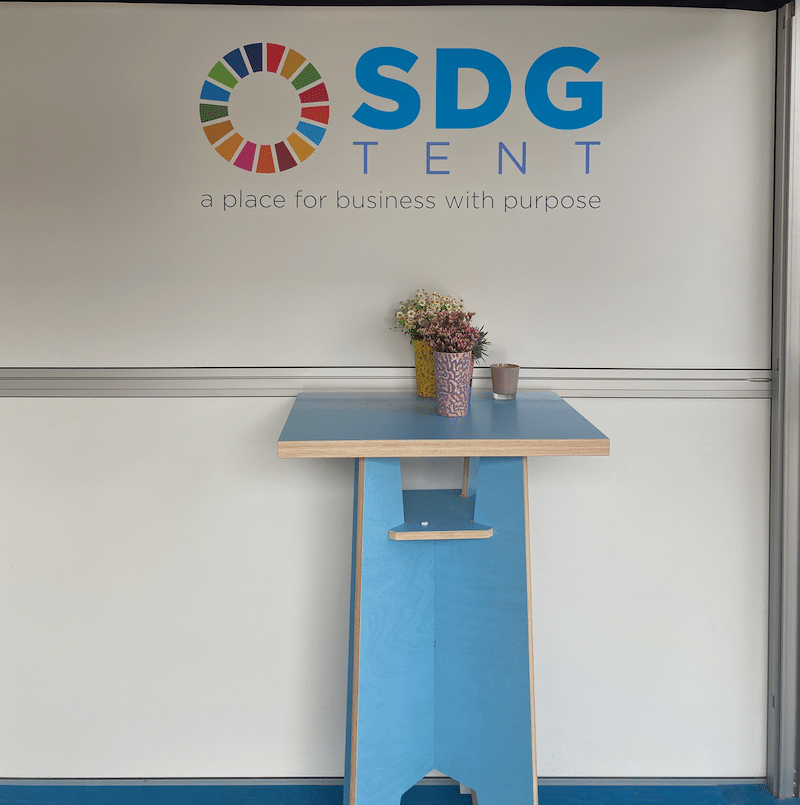
State-owned entities own and operate almost 50% of all reactors but leading nearly 80% of today’s new nuclear construction. Russia and China continue to dominate international nuclear energy markets with heavily subsidized bids, insidious “build-own-operate” terms, and predatory financing. The government-led model for energy projects, born of the 20th century, has little benefit in today’s global marketplace where technologies have become commodities and the real value rests in the talent and adjacent ecosystem of an energy facility.
Left unchecked, the continued domination of nuclear markets by state actors endangers not only international nuclear regulations but also jeopardizes the independence and energy security of electricity markets in need of carbon-free generation resources.
State-owned financing, construction and operations model for nuclear energy projects present many risks and downsides. By putting the geopolitical interests of the foreign partnering country above the commercial interests of the host country and investors, infrastructure projects become the source of insecurity instead of drives of economic growth. Market-based solutions better preserve national sovereignty by giving buyers greater influence over the criteria they use for procurement and implementation.
Private sector-led energy projects offer a range of benefits:
- Provides financial transparency in construction costs and timeline
- Avoids shifting risks of construction delays and unforeseen costs of unknown amounts onto local consumers
- Empowers a host country’s regulatory oversight to enforce safety standards
- Builds local capacity for nuclear plant operations and vendor selection
- Gives preference to the best-in-class solutions in vendor selection with clear expectations on cost efficiency and security safeguards
- Promotes interdependence and localization to develop necessary personnel and expertise
- Enhances the project’s prestige with human capital that creates local jobs, engages local engineers and co-creates expertise
- Prevents indebted entanglements between a host community and adversarial regimes
- Strengthens security alliances between sovereign countries
Allied Nuclear’s commercially-driven nuclear energy projects put the interests of partners and clients first. Flexible financing sets out investment and procurement strategies that cost-efficiently deliver informed, “buyside” strategies. Stakeholders such as government, regulators, communities and investors can gain certainty in large infrastructure projects as the value chain is evaluated and planned in a technology neutral way, combining the strengths of industry leaders while attracting the best companies to their best roles in the supply chain.
A partnerial commitment characterizes Allied Nuclear’s activities as management strives to build partnerships with an entrepreneurial perspective. Each line of business represents an economic node in the energy ecosystem that can be cultivate value for the project hosts. Whether the focus is on crafting new management strategies that abide by international nonproliferation treaties and norms or localizing operations to hire local engineers and workers, the private sector has demonstrated value creation in the full lifecycle of the nuclear plant from construction to decommissioning and spent fuel storage. As regional goals for climate solutions, energy security and economic prosperity align, these tailored mechanisms for private-public execution under the ANP Flexible Financing framework provide the fastest path to success.






